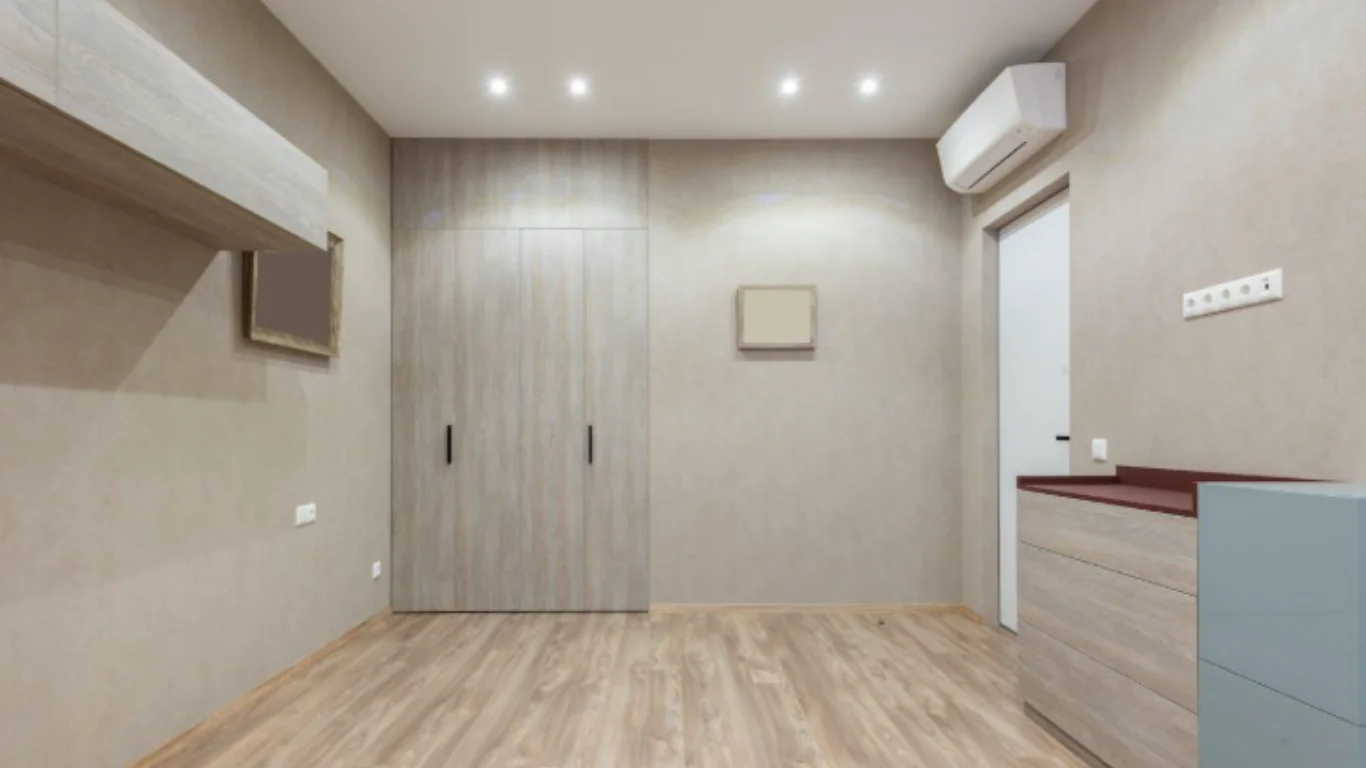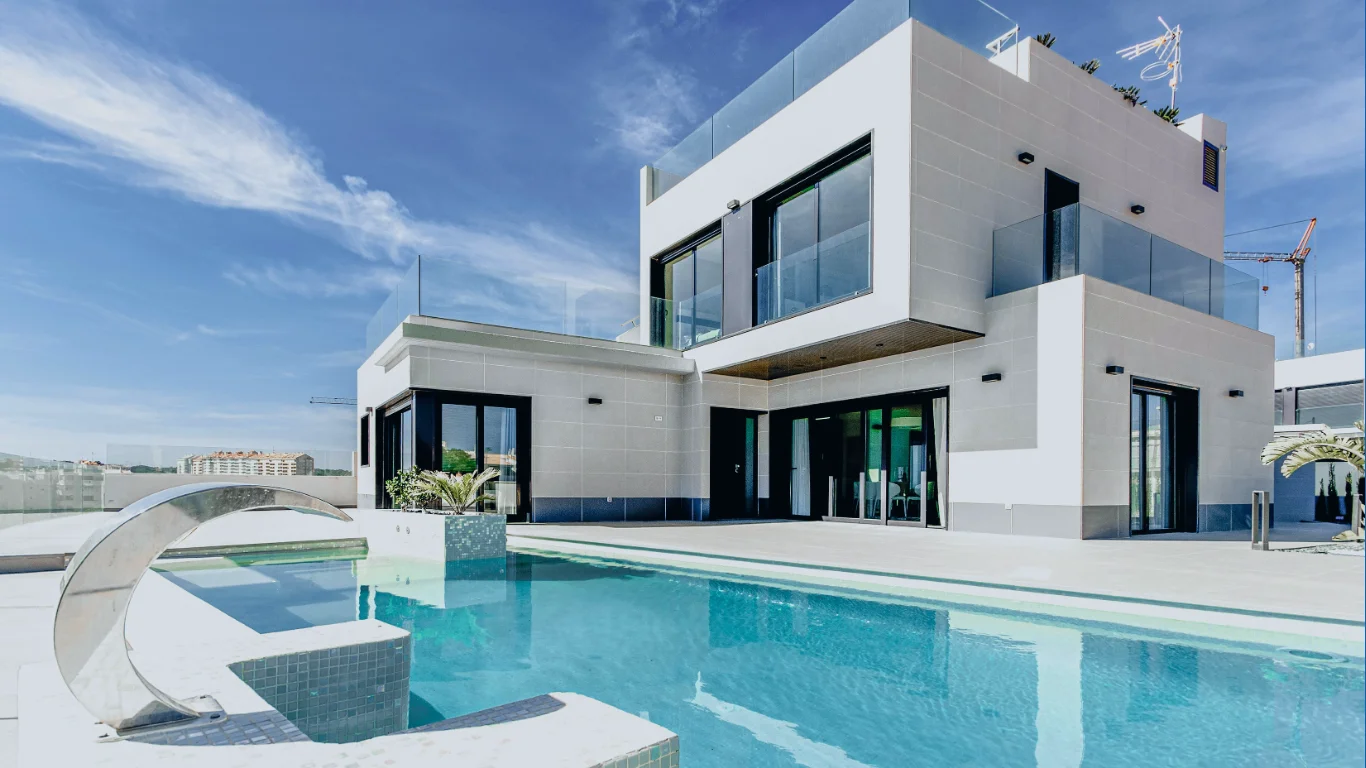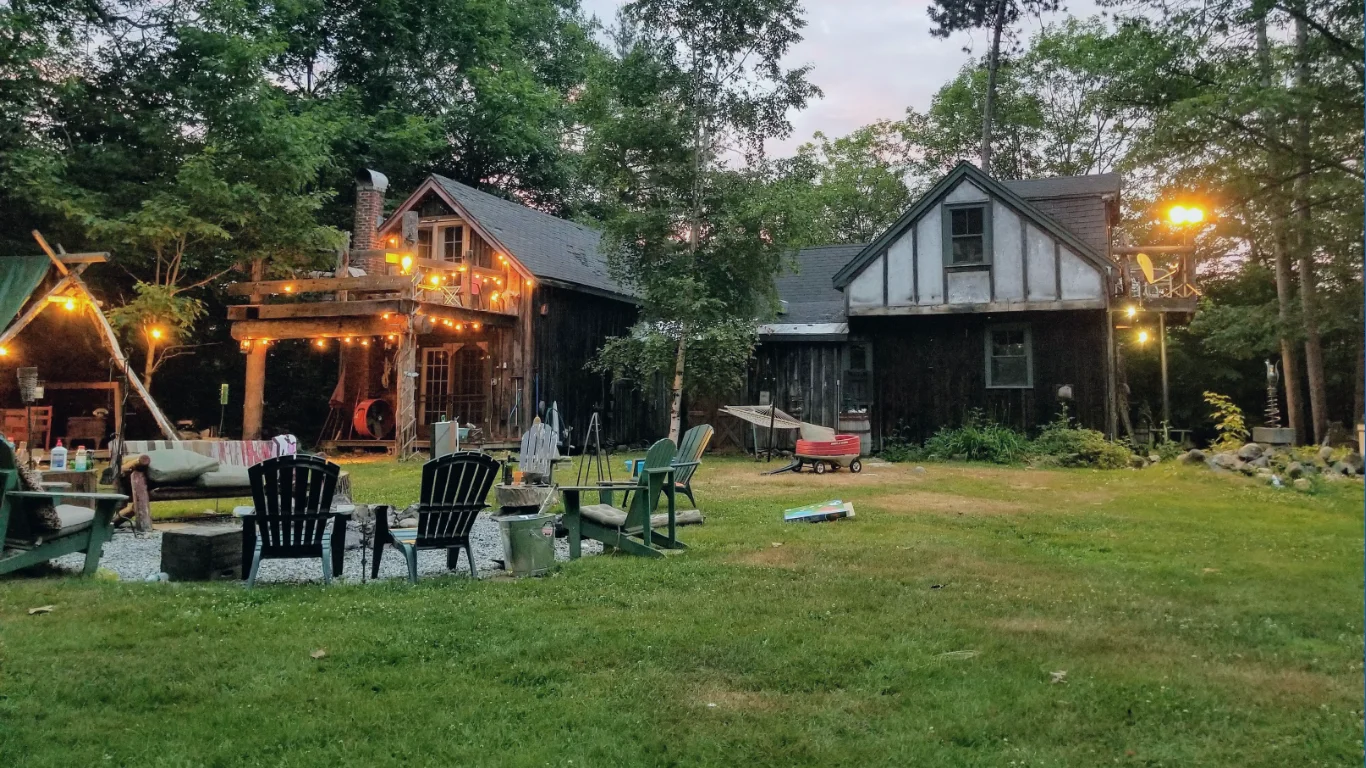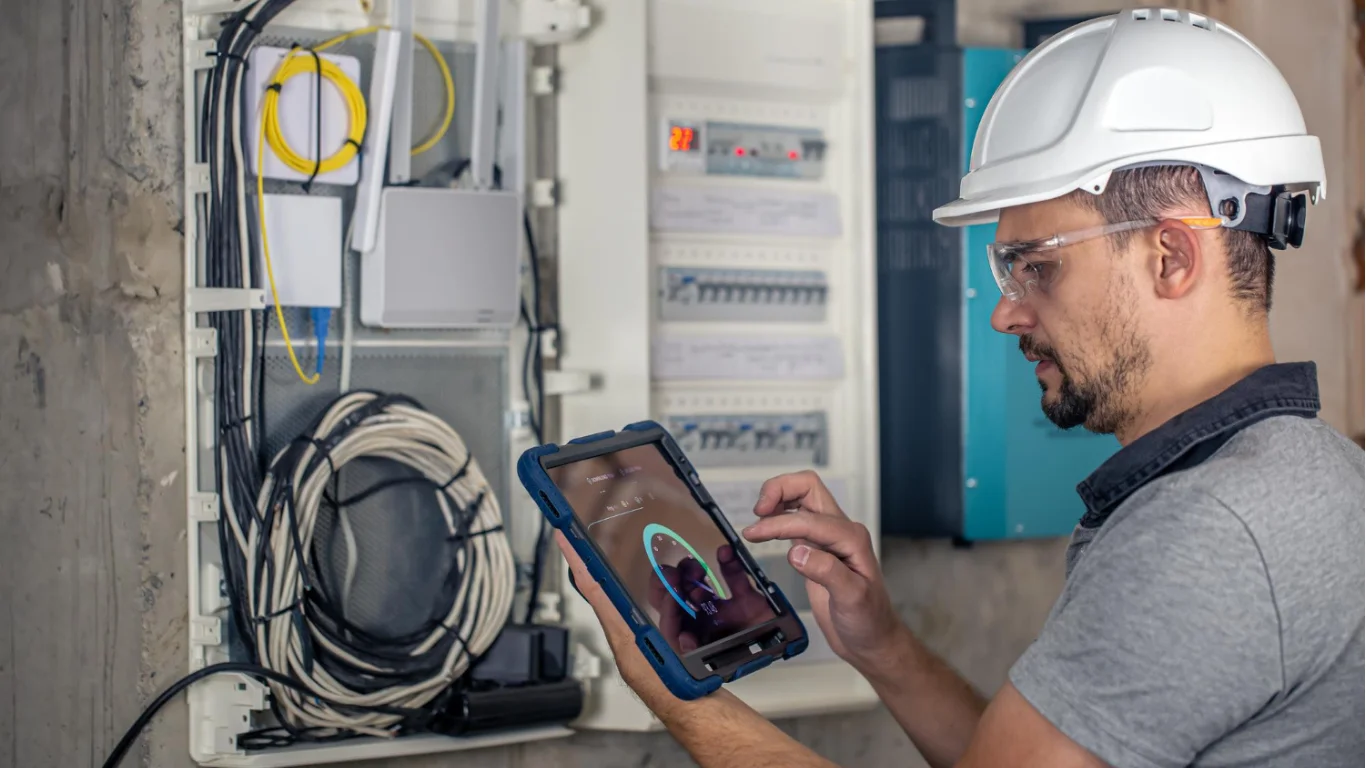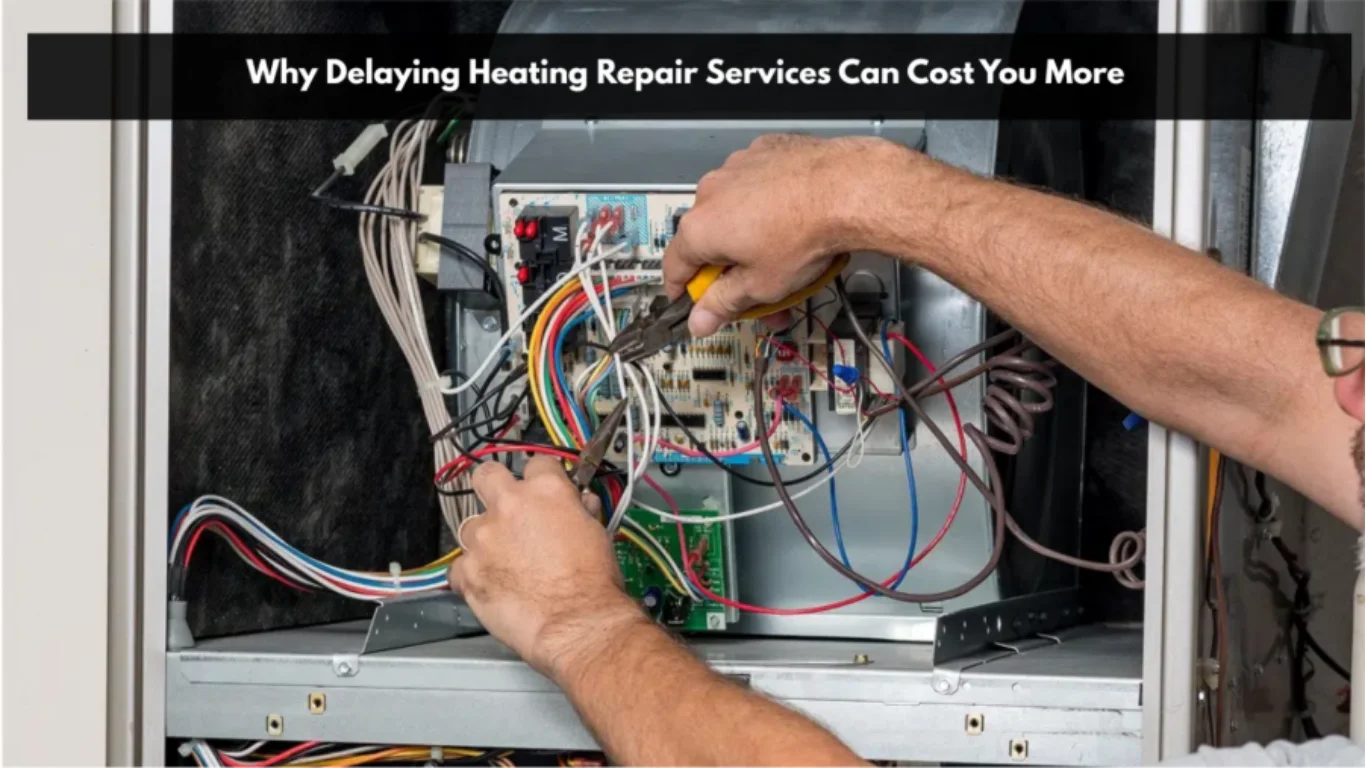When the weather app shows 100°F and rising, do you sigh in relief knowing your home can handle it? Or do you look at your box fan and wonder if you should start panic-Googling “DIY AC hacks with ice and a bowl”?
Heatwaves used to feel like rare, inconvenient spells. Now, they’re just… summer. Across the U.S., from Miami to Minneapolis, cities are breaking temperature records faster than eggs on hot pavement. Small towns aren’t off the hook either. Even places like Belgrade, MT—a spot more famous for frosty winters than boiling summers—have been sweating it out this year. Climate change isn’t a distant concept anymore. It’s in your backyard, making your deck furniture too hot to sit on.
In this blog, we will share why preparing your house for extreme heat matters, how to make your cooling system hold up under pressure, and what small fixes can save you from big discomfort when the heat rolls in.
Why Heatwaves Feel Worse Than Ever
It’s not just hotter outside—our homes and habits have changed, too. Tightly sealed houses trap more heat. Remote work means we’re indoors all day, pushing old or under-serviced HVAC systems to their limit. With everyone running their AC at once, the power grid struggles to keep up.
Add in fewer shade trees, more heat-absorbing pavement, and aging cooling setups, and it’s clear: the heat hits harder now, and our homes aren’t always built to handle it.
Your Cooling System Isn’t Invincible
Think your AC will magically kick in like a superhero when it’s 99°F outside? It might. But it might also wheeze like a tired goat if you haven’t given it any attention lately.
This is where things like mini split maintenance in Belgrade, MT, become more than just a service call; they’re a survival plan. Systems in this area are often geared for heating, not cooling, so homeowners sometimes underestimate what summer demands from their equipment. But after a week of 90-degree afternoons and zero rainfall, that system starts working overtime. Without regular upkeep, filters clog, refrigerant levels drop, and airflow slows to a crawl. You may not notice it immediately—until one day, you do.
And if you’re relying on window units or ductless systems to manage the heat, know this: these are efficient, but only if they’re cleaned and maintained. Dust buildup alone can reduce cooling performance by up to 30%. That’s the difference between “Ahh, that’s better” and “Why is it still 84 in here?!”
It’s not about overhauling your whole HVAC setup. It’s about making what you already have work better, last longer, and not leave you dripping in sweat during Zoom calls.
Small Changes That Pay Off Big
You don’t need to gut your house or install a panic-room-sized air chiller. A few smart moves can tilt the odds in your favor.
Start with insulation. Most people associate it with winter, but it plays a huge role in keeping heat out, not just cold in. Check attic insulation, especially if your home’s older. An attic that hits 130°F cooks your ceiling and radiates heat down into your living space.
Next, window treatments. Reflective film, blackout curtains, or even good old-fashioned shutters can keep indoor temps down. Sunlight pouring through unshaded glass adds serious heat gain. South- and west-facing windows are the worst offenders.
Then there’s sealing. Gaps around windows, doors, and vents let cool air leak out and hot air leak in. You wouldn’t leave the fridge open in July. Don’t let your house do it either.
Ceiling fans? Use them right. They don’t cool the room—they cool you. Make sure they rotate counterclockwise in summer to push air down. And when you leave a room, turn them off. They’re not cooling the sofa.
Last, think smart tech. Programmable thermostats let you cool more efficiently, adjusting to your routine so you’re not blasting AC when nobody’s home. Bonus: they help you avoid that $400 surprise power bill in August.
What Happens When You Do Nothing
Here’s the thing about heat: it doesn’t just make you sweaty. It can make you sick. Overheated homes increase the risk of heat exhaustion, especially for older adults, babies, and people with chronic health issues. Even pets struggle. If you’re relying on fans alone, you’re not cooling the air—you’re just circulating hot air faster.
And then there’s sleep. Ever tried to fall asleep when your sheets feel like a sauna towel? Chronic poor sleep from an overheated bedroom can lead to irritability, brain fog, and health problems. No wonder everyone’s crankier in July.
Unchecked heat can also damage your house. Warped wood floors, peeling paint, melted caulk, and fried electronics all add up. Not to mention, a struggling AC system under strain is more likely to break—right when HVAC technicians are booked solid for two weeks.
Heatproofing Is the New Winterizing
People spend months prepping their homes for snow. Pipes get insulated. Gutters cleared. Salt bags stockpiled. But when it comes to summer? It’s mostly sunscreen and crossed fingers.
That mindset needs to shift. Climate data shows longer, hotter summers with more frequent heat spikes. Heatwaves aren’t just an inconvenience. They’re a structural challenge.
In the same way we now design homes for hurricanes and earthquakes, cooling readiness should be part of basic planning. That means better building codes, more trees, shaded outdoor spaces, and homes designed to breathe. Even city planning should factor in heat resilience—fewer heat-absorbing surfaces, more parks, and community cooling centers.
For now, though, it starts with what’s inside your own walls. You can’t change the temperature outside. But you can absolutely control how your home handles it.
Final Thought
House Ready for a Heatwave isn’t about paranoia. It’s about paying attention. Most of us won’t remember the exact temperature on any given day. But we will remember when the AC quit during dinner, when the dog refused to leave the tile floor, or when the inside of the car felt like a toaster oven.
So take a walk through your house. Look at the vents, the windows, the attic stairs you never use. Ask yourself: can this place hold up when the next heatwave rolls in?
If not, don’t wait until the heat hits. Do a little now. Sleep better. Breathe easier. And maybe, just maybe, you won’t be Googling “why does my AC smell like burning” at 2:17 a.m. in July.
